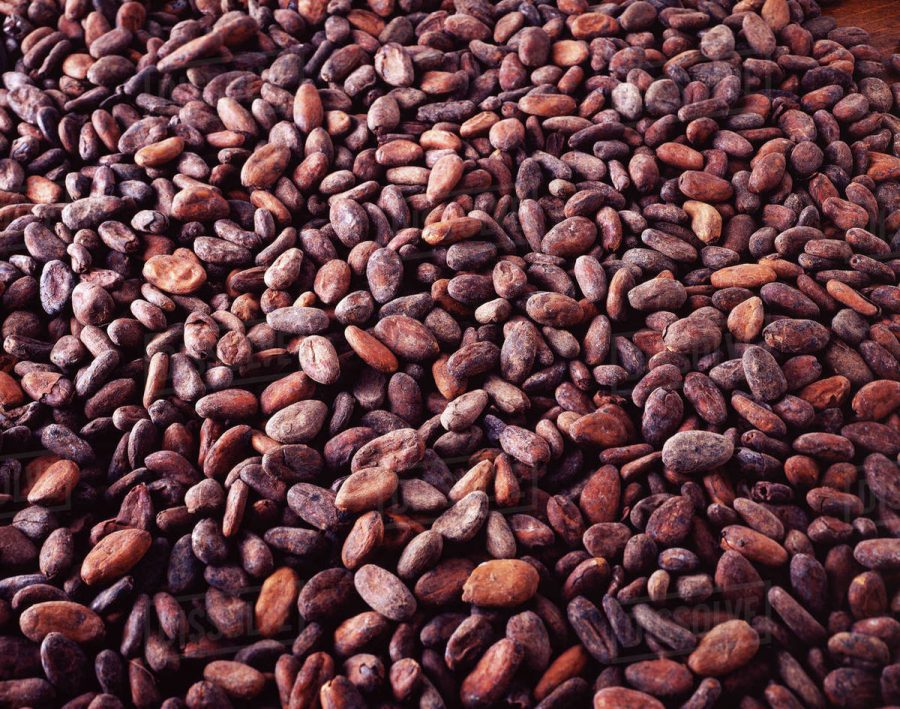Cocoa futures prices are melting lower as the resurgence of COVID-19 around the world threatens global demand for chocolate (Cocoa substrate).
At the last trading session, September Cocoa futures closed at $2,164.50.
As a result of weakening demand globally for cocoa and its substrates coupled with the present cocoa glut, as supplies outweigh demand, the price of September cocoa futures dropped to $2,159 per 1000kg, nearing a one-year low, before stabilizing above its support levels.
Globally chocolate is often classified as a luxury item, meaning, in times of high economic uncertainty like this, the consumption of such products will falter, as consumers focus more on necessity goods.
READ ALSO: Nigeria leads Africa combined in Q2 2020 on BTC P2P
The worsening wave of cases in major global economies strengthened concerns among cocoa traders.
However, Nigeria’s leader remains optimistic recently that efforts made by fiscal stakeholders in that sector, seems to be bearing fruit, as Nigeria recorded a surge in revenue in Cocoa, year to year.
President Muhammadu Buhari said Nigeria’s revenue from cocoa and sesame seeds has increased by $79.4 million and $153 million respectively in the past year.
“Our efforts on growing non-oil exports have started to yield some results. For instance, in the past year, our revenue from cocoa and sesame seed increased by $79.4 million and $153 million,” he said.
READ ALSO: Nigeria and US Authorities battle former Enron Nigerian Subsidiary over $80 million Yacht
Nigeria plays a leading role in the cocoa industry, covering a 6.5% share of the global production of cocoa.
Nigeria is also the fourth largest exporter of cocoa beans globally, behind Côte d’Ivoire, Ghana, and Indonesia, according to the National Export Promotion Council. Cocoa exports in Nigeria are projected to grow annually by 4% in the coming years.
Download the Nairametrics News App
These export earnings from cocoa, if invested properly, could further help Nigeria reduce its reliance on crude oil, which makes up a large chunk of its export earnings (about 90% Est), and minimize the impact of oil price swings to its economy.














